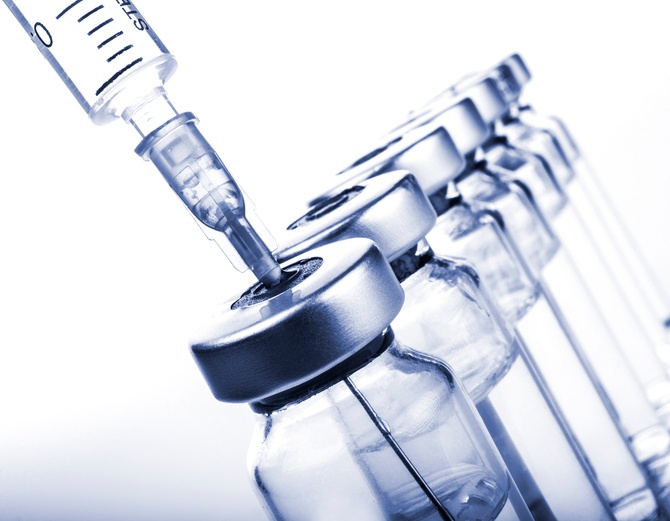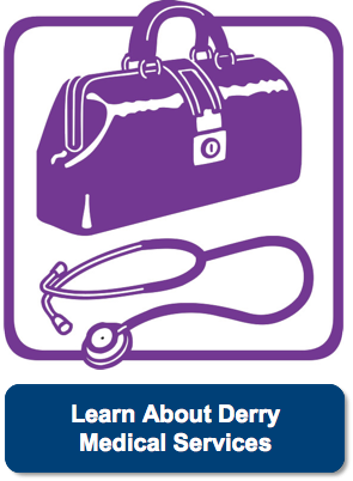
Despite some recent controversy regarding certain common vaccines, there is overwhelming medical consensus that vaccinations are essential to public health. The Centers for Disease Control and Prevention summarizes this rather nicely:
“It is always better to prevent a disease than to treat it after it occurs. Diseases that used to be common in this country and around the world, including polio, measles, diphtheria, pertussis (whooping cough), rubella (German measles), mumps, tetanus, rotavirus and Haemophilus influenzae type b (Hib) can now be prevented by vaccination.
Some terrible ailments have been mostly or completely eradicated because of widespread vaccinations, the most serious of which include smallpox and polio. Vaccinations have reduced or eliminated a wide range of diseases once common in the United States including Pneumococcal Disease, Pertussis (Whooping Cough), Mumps, Measles, Hepatitis (Hep) B, Hep A, Influenza and Diphtheria.”
There is no shortage of information available about vaccinations for children. The CDC, for example, is an excellent resource. There are, however, common vaccines for adults that are often overlooked. Here is a brief description of 5 of the most common (and, more significantly, important) vaccines for grownups.
Pneumococcal Vaccines
The CDC considers these important vaccinations for adults over the age of 65 and younger adults with certain medical conditions. These common vaccines protect against pneumococcal infections ranging from the relatively mild (ear/sinus) to very serious (pneumonia and infections of the bloodstream).
Influenza Vaccines
Flu shots are probably the most common vaccines for adults and are recommended to be received on an annual basis. Each flu season brings one or more new strains of influenza. Each year’s flu vaccine targets the strains the CDC considers most likely to impact the population. Flu shots are especially critical for the elderly and those whose immune systems have been weakened. Doctors recommend getting your flu shot at the beginning of the flu season, considered in most parts of the country to start in October or November.
Chickenpox (Varicella) Vaccine
Among common vaccines, a vaccination against chickenpox is much more crucial for adults than it is for children. While some people consider chickenpox almost a right of passage for kids, chickenpox can be very serious for adults. Chickenpox for adults is responsible for 33 percent of hospitalizations due to the disease and 55 percent of the deaths.
Shingles (Herpes zoster)
If you haven’t ever suffered from shingles but know someone who has, you are familiar with the how unpleasant of an experience shingles can be. If you have had chickenpox, you can contract shingles. This can occur when the chickenpox virus, which lies dormant in your system, becomes active. Shingles can cause a painful (even excruciatingly so) skin rash, sometimes over large parts of the body. If you are over 50, you are strongly recommended to get a vaccination for shingles.
TDAP (Tetanus, Diphtheria, Acelluar Pertussis)
Most adults will have received this vaccine at one or more times during their lives. It is, therefore, considered a “booster” shot for most. A recent TDAP booster has been developed for adults up to 64 years of age. Regardless of how old you are, you should get a booster shot every 10 years.
If you have concerns about whether you have received the common vaccines recommended for adults, whether you should receive one or are unsure whether any you’ve received are still effective, a health care provider such as Derry Medical Services will be able to assist you. Your doctor will help you with determining your vaccination history as well as administering any shots you might need.
—
If you are looking for a new provider, click below to learn about Derry Medical Services.

